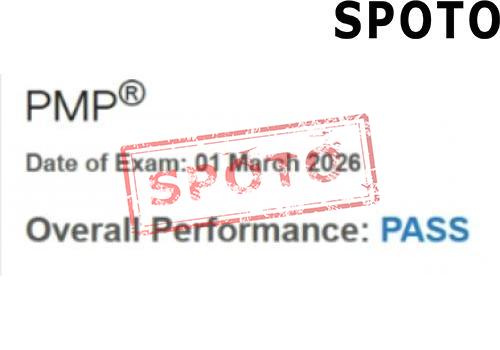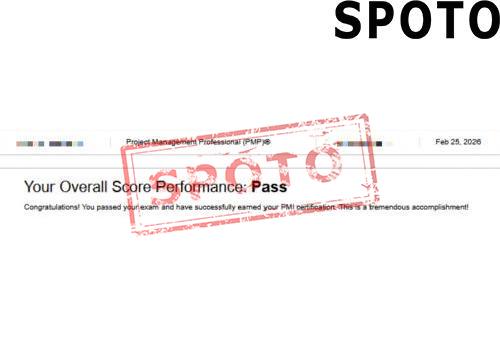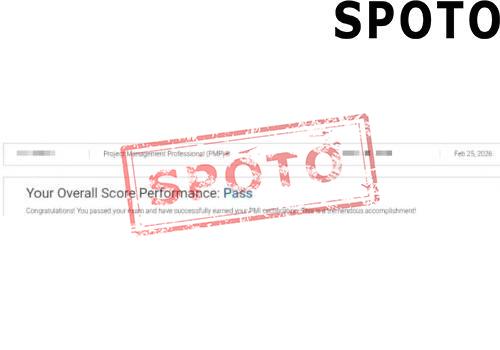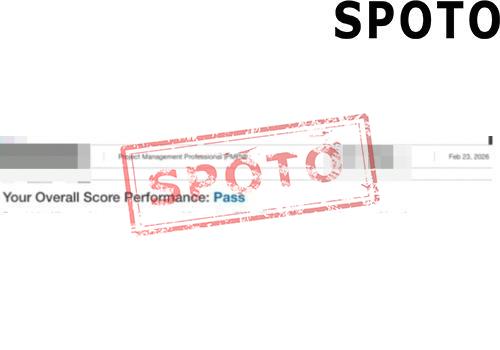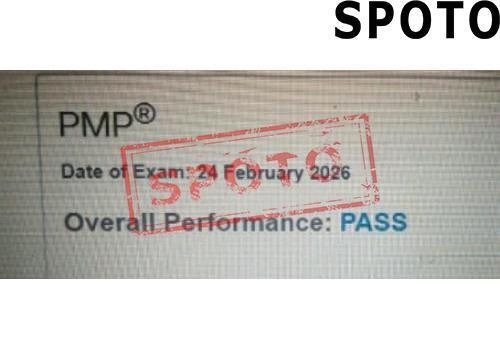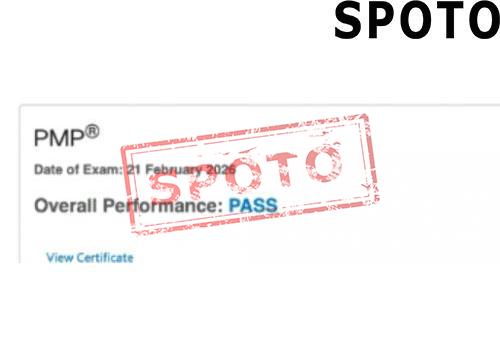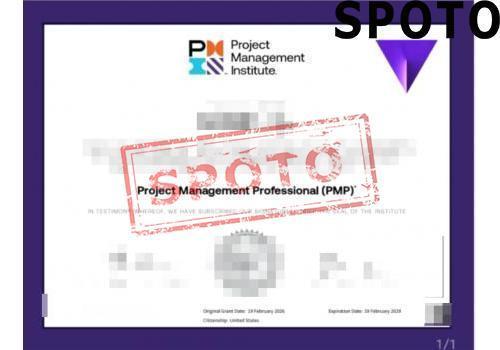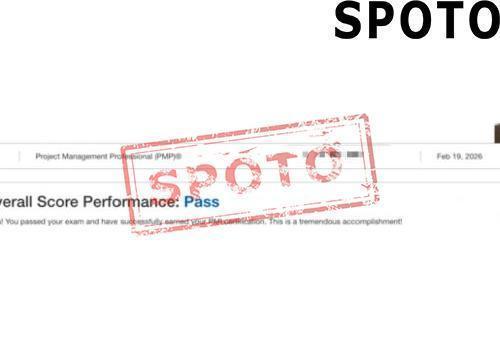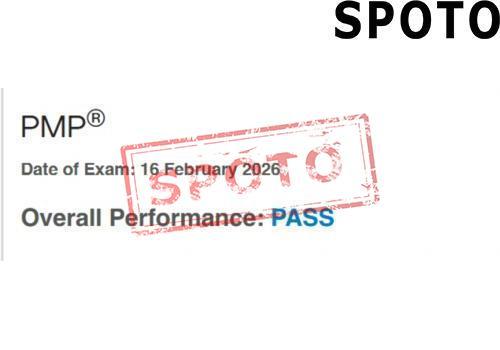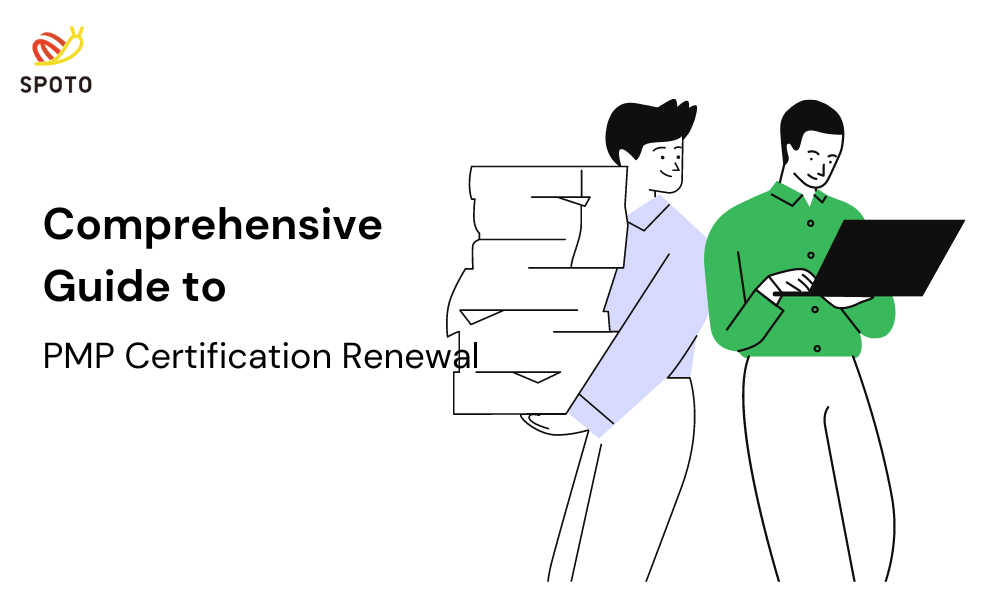
Table of Contents
Maintaining the validity of your PMP certification is pivotal, necessitating a comprehensive understanding of the renewal cycle and a strategic approach to amassing Professional Development Units (PDUs). This section delves into the intricacies of these requirements, offering insights into the diverse methodologies for PDU acquisition and the imperative of meticulous record-keeping.
🔄 How to Renew PMP Certification with PDUs (2025)
Renewing your PMP is a 3-step process:
✅ Step 1: Earn 60 PDUs
PDUs are divided into two categories:
-
Education PDUs (min 35 required)
-
Technical project management
-
Leadership skills
-
Strategic/business skills
-
-
Giving Back PDUs (max 25 allowed)
-
Volunteering
-
Creating content (articles, blogs, videos)
-
Mentoring others
-
Pro Tip: Free and low-cost PDU options are available on PMI.org and from PMI Chapters.
✅ Step 2: Report PDUs
Log in to the PMI CCRS portal and submit your earned PDUs under your PMP credential.
✅ Step 3: Pay the Renewal Fee
-
PMI Members: $60 USD
-
Non-Members: $150 USD
Once payment is made and PDUs are approved, your credential is renewed for another 3-year cycle.
📦 PMP Certification Replacement Process
Lost your certificate or need a replacement? Here’s how to do it:
🔁 How to Replace PMP Certification Document
-
Log in to PMI.org
-
Go to your “MyPMI” Dashboard
-
Navigate to your certification details
-
Select “Request Replacement Certificate”
-
Confirm shipping details and pay any applicable fee (if printed copy requested)
For digital versions, PMI allows free downloads from your dashboard.
Tip: Use PMI’s official support channel if you need to correct your name or certification information.
📚 Popular Ways to Earn PDUs in 2026
| Activity | Type | PDU Count |
| Attend webinars or workshops | Education | 1–2 per event |
| Take online project management courses | Education | 3–20+ |
| Volunteer at PMI events | Giving Back | Varies |
| Write a blog on PM trends | Giving Back | 1–5 |
| Mentor a junior PM | Giving Back | 1–10 |
Accumulating Professional Development Units (PDUs)
Accruing PDUs is essential for PMP renewal. These units are indicative of your commitment to professional development within the project management domain. Varied activities qualify for PDU credits, each fostering skills enhancement in distinct aspects of project management.
- Attending Relevant Training Courses: Engaging in courses designed to refine your project management acumen is a rewarding avenue for earning PDUs. These educational encounters not only contribute to your PDU tally but also enrich your knowledge base.
- Participating in Webinars or Conferences: Active involvement in webinars and conferences related to project management not only broadens your perspective but also counts towards your PDU requirements, blending learning with professional networking.
- Self-Directed Learning Activities: Independent learning initiatives, such as researching new project management methodologies or technologies, play a crucial role in personal and professional development, contributing to your PDU accumulation.
Maintaining a Record of Earned PDUs
Documenting your PDU achievements is critical, necessitating an organized approach to tracking and recording each activity. This diligence ensures compliance with renewal requirements and facilitates a smoother certification renewal process.
Strategies for Earning PDUs
Securing your PMP certification's longevity involves a proactive approach to gathering Professional Development Units (PDUs). This pursuit not only ensures your credentials remain current but also significantly amplifies your expertise and network within the project management sphere. Below, we delineate multifaceted strategies to accumulate these essential PDUs.
Joining Professional Project Management Associations
Allying with esteemed project management organizations stands as a cornerstone for PDU accumulation. Membership in such associations not only provides access to exclusive resources and learning materials but also opens doors to a wealth of networking opportunities. These organizations frequently host events, workshops, and seminars, offering fertile grounds for both personal growth and PDU acquisition.
Involvement in Project Management Community and Volunteering Opportunities
Immersing yourself in the project management community through volunteering presents a dual benefit. It aids in professional development while contributing to the collective knowledge and advancement of the field. Engaging in these altruistic endeavors—ranging from mentoring budding project managers to participating in community-driven projects—yields PDUs, reflecting the time and expertise invested.
Pursuing Higher Education in Project Management
Advancing your formal education in project management or related disciplines is a robust strategy for PDU acquisition. This pathway not only enhances your theoretical and practical understanding of project management principles but also directly contributes to your PDU tally. Universities and colleges often offer courses that are pre-approved for PDUs, making this option both strategic and convenient.
Sharing Knowledge Through Speaking Engagements or Writing Articles
Contributing to the body of knowledge in project management by sharing your insights and experiences is immensely valuable. This can be achieved through speaking at industry conferences, workshops, or webinars, as well as authoring articles or papers for reputable project management publications. These activities not only position you as a thought leader in the field but also count towards your PDU requirements.
Each of these strategies offers a unique avenue for professional development and PDU accumulation, underlining the importance of a diversified approach. By engaging in a combination of these activities, you can ensure not only the renewal of your PMP certification but also a significant enhancement of your professional stature and network.
Maintaining PMP Certification Status
The journey of a Project Management Professional (PMP) does not end upon earning the certification. In fact, it marks the beginning of a new phase where maintaining the credential becomes a paramount task. The essence of submitting Professional Development Units (PDUs) before the renewal deadline cannot be overstated. This proactive approach ensures that one's certification remains in good standing, thereby preserving the professional recognition and benefits associated with the PMP designation.
Importance of Submitting PDUs Before the Renewal Deadline
Timeliness in submitting PDUs is critical. The process is designed to encourage continuous learning and professional growth, ensuring PMPs remain updated with evolving project management practices. Failing to meet the renewal requirements by the deadline jeopardizes one's certification status, leading to potential gaps in professional credibility and the loss of the PMP title.
Consequences of Failing to Meet Renewal Requirements
The repercussions of not adhering to the PDU submission deadline are significant. Initially, non-compliance results in a suspension period, during which the certification is temporarily inactive. This period is not just a grace interval but a crucial time to fulfill the overlooked PDU requirements. Ultimately, if the renewal criteria remain unmet, the certification will expire, stripping the individual of the PMP credential and necessitating a re-examination process to regain it.
Exploring Options for Reinstatement if Certification Expires
Should one's PMP certification lapse, all is not lost. There are designated pathways for reinstatement, although these routes demand a thorough commitment to meeting the original certification standards anew. This might involve retaking the PMP exam or completing additional PDUs, depending on the time elapsed since expiration. This reinstatement process underscores the importance of continuous engagement with the project management field and the PMI's (Project Management Institute) educational programs.
- Immediate action upon receiving a suspension notice can prevent certification expiration.
- Engaging in PDU-eligible activities and submitting them promptly is crucial for reinstatement.
- Regular checks on the PMI's website for the latest PDU requirements and submission guidelines are recommended to ensure compliance and avoid the complexities of reinstatement.
Frequently Asked Questions (FAQs)
Q1: Can I earn all 60 PDUs through education?
Yes. While PMI allows flexibility, at least 35 must be from education, and you can earn the full 60 this way.
Q2: How soon can I start earning PDUs after passing the PMP exam?
Immediately! Any PDUs earned after your certification date will count toward your first renewal cycle.
Q3: Can I carry over unused PDUs?
Yes. Up to 20 PDUs can be carried over to your next 3-year cycle if they are earned in the final year of your current cycle.
Q4: What if my name or certification details are incorrect?
You can request corrections by contacting PMI’s Customer Care.
